20% off £30
Benefits of glucosamine

What are the benefits of glucosamine?
Found in many health shops across the country, glucosamine is a nutritional supplement that is often used to support joint health.1 But what actually is it? And what are some of the top glucosamine benefits? We'll dive into the detail in this article, so keep reading for more info.
What is glucosamine?
Before we explore some key glucosamine benefits, it’s worth us explaining what it is first. Naturally occurring in our bodies, glucosamine is an amino sugar made from glucose and glutamine.2 supplements are often extracted from shellfish like crabs, prawns and lobsters – but also from the cell membranes of mushrooms for a vegetarian friendly alternative.3
It plays a key role in creating essential building blocks in your joints, but we’ve got more on this below.4
What does glucosamine do?
The main role of glucosamine is to develop and look after the protective tissue (aka cartilage) that surrounds your joints. Supposedly, glucosamine protects a type of cell called chondrocytes which are said to help maintain the structure of your cartilage.5
What are some glucosamine benefits?
Thinking of trying glucosamine? Discover the top three glucosamine hydrochloride and glucosamine sulphate benefits below...
1. May support the healthy functioning of your joints
2. May help with joint discomfort
Following on from the last point, if your joints are functioning properly it may help to reduce discomfort. In fact, one preliminary study from 2008 on the benefits of glucosamine and chondroitin together found that one group of participants experienced statistically significant reduction in joint discomfort compared to the placebo. Although, this was only the case for participants with moderate-to-severe discomfort.8
A more recent meta-analysis of taking glucosamine and chondroitin for a certain type of joint condition concluded that glucosamine significantly helped with joint stiffness more than the placebo.9
3. May help with general inflammation
Summary: is glucosamine good for joints?
Based on the evidence we’ve mentioned, it appears that glucosamine can have a positive effect on joint health. But that doesn’t mean to say it’s the same for everyone. Also, before trying glucosamine supplements do speak to your GP or a medical professional for advice that is tailored to your personal health situation.
The final say
Whether you’re interested in taking glucosamine for joints or another reason, we hope you found our article useful. For more information like this, check out our vitamins & supplements articles on the Health Hub.
- https://www.arthritis.org/health-wellness/treatment/complementary-therapies/supplements-and-vitamins/glucosamine-chondroitin-osteoarthritis-pain
- https://www.sciencedirect.com/topics/pharmacology-toxicology-and-pharmaceutical-science/aminosugar#:~:text=Glucosamine%20is%20an%20amino%20sugar,is%20incorporated%20into%20articular%20cartilage
- https://www.ncbi.nlm.nih.gov/pmc/articles/PMC3150191/
- https://www.versusarthritis.org/about-arthritis/complementary-and-alternative-treatments/types-of-complementary-treatments/glucosamine/
- https://www.arthritis.org/health-wellness/treatment/complementary-therapies/supplements-and-vitamins/glucosamine-chondroitin-osteoarthritis-pain
- https://www.ncbi.nlm.nih.gov/pmc/articles/PMC3967437/
- https://pubmed.ncbi.nlm.nih.gov/30940583/
- https://pubmed.ncbi.nlm.nih.gov/19062354/
- https://www.ncbi.nlm.nih.gov/pmc/articles/PMC6035477/
- https://pubmed.ncbi.nlm.nih.gov/25719429/
- https://pubmed.ncbi.nlm.nih.gov/31988063/
- https://pubmed.ncbi.nlm.nih.gov/25719429/


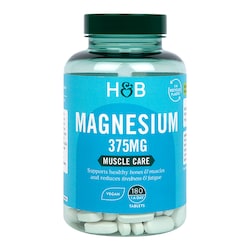
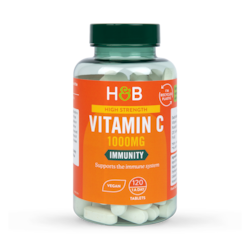
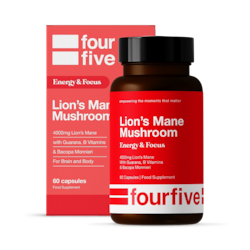
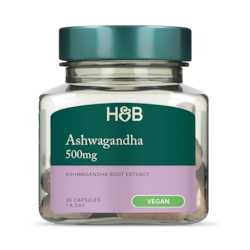
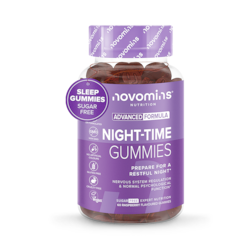
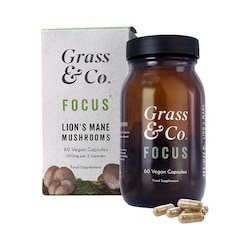
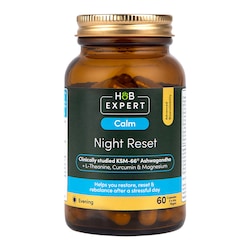
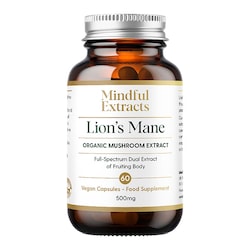

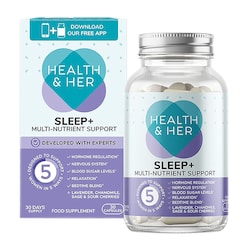
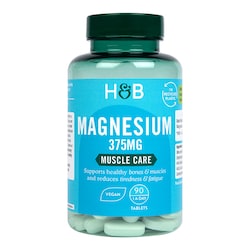

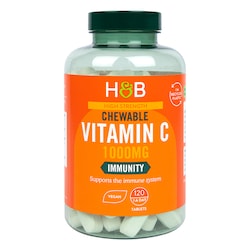


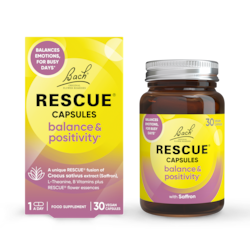


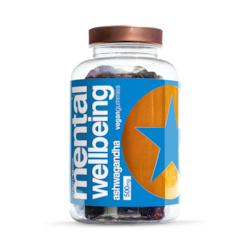

.png)












